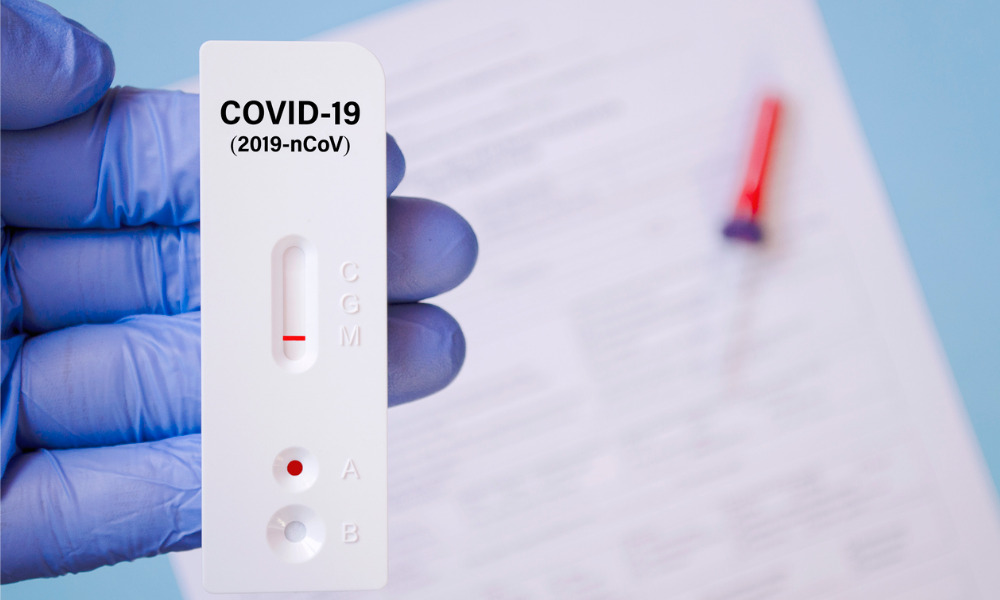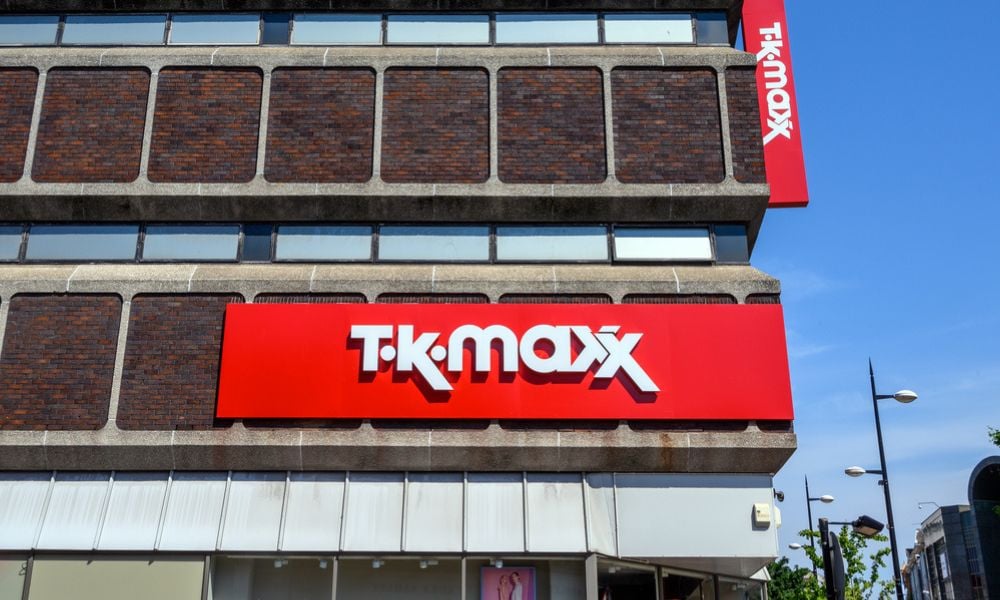Possibility of COVID-19 testing at home poses legal questions for employers

A leading employment lawyer has warned the approval of rapid antigen testing kits poses a new challenge for employers in the battle to keep COVID-19 out of the workplace.
The Therapeutic Goods Administration has approved the home use of 33 rapid antigen test kits from November 1, with more expected soon. Over 70 kit makers have applied for approval from the TGA so far, with Health Minister Greg Hunt supporting home use tests to keep residents safe as locked-down states begin to reopen.
Dominic Fleeton, a partner at workplace law firm Kingston Reid, said the option of rapid antigen testing will spark questions for employers around the legalities and logistics.
“After nearly two years of COVID, employers know they cannot eliminate the risk of COVID transmission in their workplace, nor does the law require them to do so,” he said.
“But they must mitigate the risk of transmission so far as reasonably practicable. Rapid testing will almost certainly be part of this, so it will be imperative for employers to clearly understand their legal rights and responsibilities before implementing any testing regime.”
Questions include whether employers will be able to require employees to undertake testing and the consequences if they refuse. Organisations will also need to think about how often testing is required and where it’s carried out.
Read more: Flexible working: Is it given or is it earned?
Under the TGA conditions of supply for rapid antigen tests, they must be carried out under the overall supervision of a health practitioner, medical practitioner or paramedic. The person performing the test must also have been trained in the correct use and interpretation of the tests.
For small businesses, the TGA has said the health practitioner only needs to be available by phone or videocall, rather than on-site. But all staff carrying out testing will need to be trained. For a big business with a large workforce, the requirement will involve a significant undertaking.
“Will employers need to consult with their employees about introducing the test, and, if it’s a unionised workplace, with the relevant union/s. How will they respond if some workers refuse to use the test kits?” Fleeton said.
“What measures do employers need to put in place to ensure that they do not breach their privacy obligations regarding testing results or other information relating to testing?”
Surveillance testing was brought in at the height of the Delta outbreak in July for essential workers in certain LGAs, under the state’s public health order. Fairfield residents working outside of their LGA were required to undergo testing every three days, carried out at one of the state’s testing sites. Similarly, employees travelling to regional NSW for work were required to get tested every seven days. But the new introduction of home testing kits makes the process even easier.
Freight drivers have welcomed the use of rapid home testing kits, after state governments introduced new testing requirements for truckies crossing the border to Queensland and WA. Some drivers have had to wait up to five days for the result to come back from the lab, causing delays and headaches for the industry, as well as stock shortages in supermarkets and shops. However, industry bodies are concerned about the cost of home testing kits and whether it will be covered by Medicare. There are also concerns around the reliability of rapid antigen tests.
In the UK, rapid testing was initially relied upon by critical workers who were continuing to operate throughout lockdowns. But stories began to emerge of people testing positive through a rapid screening test, only to then receive a negative results from a PCR test. Earlier this month, the UK’s Health Security Agency said at least 43,000 people have been wrongly given a negative test result after an investigation of a privately run lab.
Read more: Top 50 companies with the happiest employees








